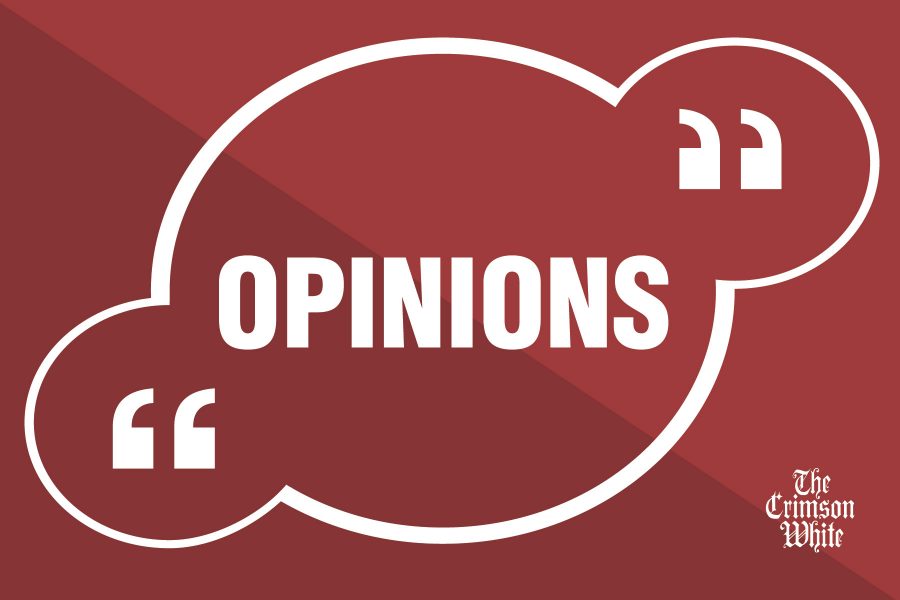Consumer activism is, in essence, the practice of trying to affect social change through one’s consumption practices. It may seem like a lackluster approach to activism, but on a large scale it can have a big impact. Take for example the bathroom controversy that has come to light over the past year. According to a Forbes analysis, the passing of HB2 in North Carolina – a bill that restricted usage of public restrooms to the gender listed on your birth certificate – brought with it a $630 million loss in business statewide between March and November 2016. This loss was the result of a combined and concentrated consumer boycott (also some discrepancies with the NCAA and Bruce Springsteen.) The bill has recently been repealed. This is undoubtedly a win for those consumers, but it is important to remember who all was affected through this method.
This is where consumer and business interests reach a capitalist crossroad; those consumers who are against such legislation have a moral qualm with the issue, while businesses are typically more concerned about the economic impact. Don’t get me wrong, I am steadfastly against the exclusion of a marginalized group of people from using public facilities. It’s a clear civil rights infringement and is just as antiquated now as it was in the ’50s and ’60s. However, a $630 million loss is bad news for a state’s economy and the people who get the short end of that stick are the ones who need that revenue the most. Workers who probably don’t represent the beliefs of their company, and may even share the same ideology as the consumer activists, bear the financial burden during consumer boycotts.
Sure, in a sensible world a state’s GDP wouldn’t be affected by the outcome of a congressional debate over toilet privileges, but this is America and it’s 2017. Sensibleness went out the window a while ago. The real group to lay blame on in a situation like the one in North Carolina are those legislators who are pushing the bill. They are actually not as widespread as you’d think, most congressmen are more pro-business than “pro-moral value” and in this case the two are aligned. Here in Alabama, a similar bill is still moving forward, much to the vocal dismay of business leaders, and of course the LGBTQ community. Despite the backlash, the bill’s sponsor Sen. Phil Williams is undeterred.
This century’s consumer base is more plugged in than ever, which puts much heavier transparency expectations on business. These days, it is important to appeal not only to the consumer’s interest, but also to their beliefs. The U.S., in particular, has seen a huge uptick in this trend following the election. Besides HB2 in North Carolina, Starbucks, Uber, and now United Airlines have faced the complications of consumer activism. With the country more polarized than ever many corporations now find it necessary to pick a side.
The increase in consumer activism, and the publicity it has received, is seemingly far more beneficial for consumers than corporations. In some respects the practice of voting at the checkout lane has become more effective than voting at the polls. However, it also signals a cultural change in society. If it becomes more about what you’re buying into rather than what you’re actually buying, whoever’s selling it to you is influencing the situation.
This puts a new responsibility on us, the consumers. We should seek to educate ourselves about the ramifications of both boycotting a company as well as buying from one exclusively. As the repeal of HB2 has shown, consumer activism is indeed effective. However, this particular method of activism must be kept in check. You never know when you might be tricked into supporting, or undermining, the wrong cause.
Sam Jefferson is a junior majoring in economics. His column runs biweekly.






